Could Your Child Be Tried as an Adult?
Most states in the United States usually consider trying kids accused of criminal acts in juvenile courts instead of subjecting them to the adult criminal system. However, all states have provisions allowing or requiring children in such cases to be treated as adults. Instances that allow kids to be tried as adults usually involve serious crimes or significant charges. This article articulates factors that can make your child be tried as an adult.
Specific American justice procedures allow kids to be tried as grown-ups. Many states may allow a county to combine the following provisions based on a case's magnitude to validate the trial. However, a defense lawyer can be helpful. Situations that a kid can be tried as an adult include:
Transfer or Trial
Many states in the United States have a provision that grants a judge presenting a juvenile court the discretion to shift cases to adult courts. This is also referred to as waving the exclusive jurisdiction of the particular jurisdiction to proceed with court cases involving juvenile offenders. A transfer or a waiver process grants the prosecutor the ability to shift the case where the judge has the final say. Circumstances that affect the prosecutor's or judge's ability to request the transfer to an adult court include:
- The seriousness of the accusation
- The criminal record of the accused
- The juvenile's age
For instance, if a minor is nearing the age of maturity, has previously received juvenile services like confinement or counseling, or has a prior record of criminal activities, a judge may decide the minor should be charged as an adult. According to the Interstate Commission for Juveniles, although some states have limits for transfers and waivers, like age 14, many do not possess this limitation. Such situations may need help from a defense lawyer.
Legislative or Statutory Exclusion
Some states may require the individual to be charged as an adult regardless of age for serious criminal acts like offenses punishable by life imprisonment or those involving harm to other individuals. Although some states provide certain waivers, serious crimes are usually prosecuted as adults, irrespective of age. However, other crimes usually offer the judge the discretion to try them as an adult or not. Other factors may also provide a provision for exclusion. According to the Children's Defense Fund, a minimum of one out of three young adults involved in the juvenile justice system face disability challenges that qualify them for special education based on the Individuals with Disabilities Education Act (IDEA), which is approximately four times more than the rate of young adults in private schools. These children who require special education may be tried differently for their crimes and have their disability taken into consideration for their punishment.
Concurrent Jurisdiction
Many states usually do not grant adult criminal courts jurisdiction in cases where juveniles are involved. However, in some states, adult and juvenile courts have the jurisdiction whereby cases like murder are involved. This grants the prosecutor to determine where the case will be heard.
Reverse Transfer
States with concurrent jurisdiction or statutory laws also enable a juvenile offender to petition the court to shift back to the juvenile trial. Similarly, the court still considers factors like the seriousness of the crime, the juvenile's age, criminal history, and other factors determining the rehabilitation of the minor.
For instance, if the juvenile is a good student, has no prior criminal history, and has never had counseling or other rehabilitation services, they may successfully request the court to rehabilitate them instead of sentencing them as an adult. However, this may be difficult if the kid has been involved in serious crimes, as mentioned above.
Blended Sentencing Systems
In some states, the law allows courts to blend juvenile and adult sentencing options when passing judgment on a kid convicted as an adult. Such cases allow the judge to send the kid to a juvenile detention center instead of a traditional prison. The judge may also blend the sentencing arrangement to postpone the prison sentence if the defendant adheres to the provisions of the juvenile sentence. The judge may impose an adult sentence if the juvenile fails to do so.
Although a juvenile is charged as an adult at age 18, some states may do so based on the minor's crimes. Such crimes include:
- Violent crimes, felony offenses, trafficking, or robbery
- Criminal actions committed repeatedly whereby a juvenile detention or rehab program fails to prevent them from recurring
- Criminal activities categorized as wobbler crimes according to a specific criminal statute
Since certain juvenile crimes may be severe, consider seeking professional help. A defense lawyer from the Law Offices Of Jason Pollack, Esq can assist you in getting the best outcome according to the law. Call us today for more guidance.

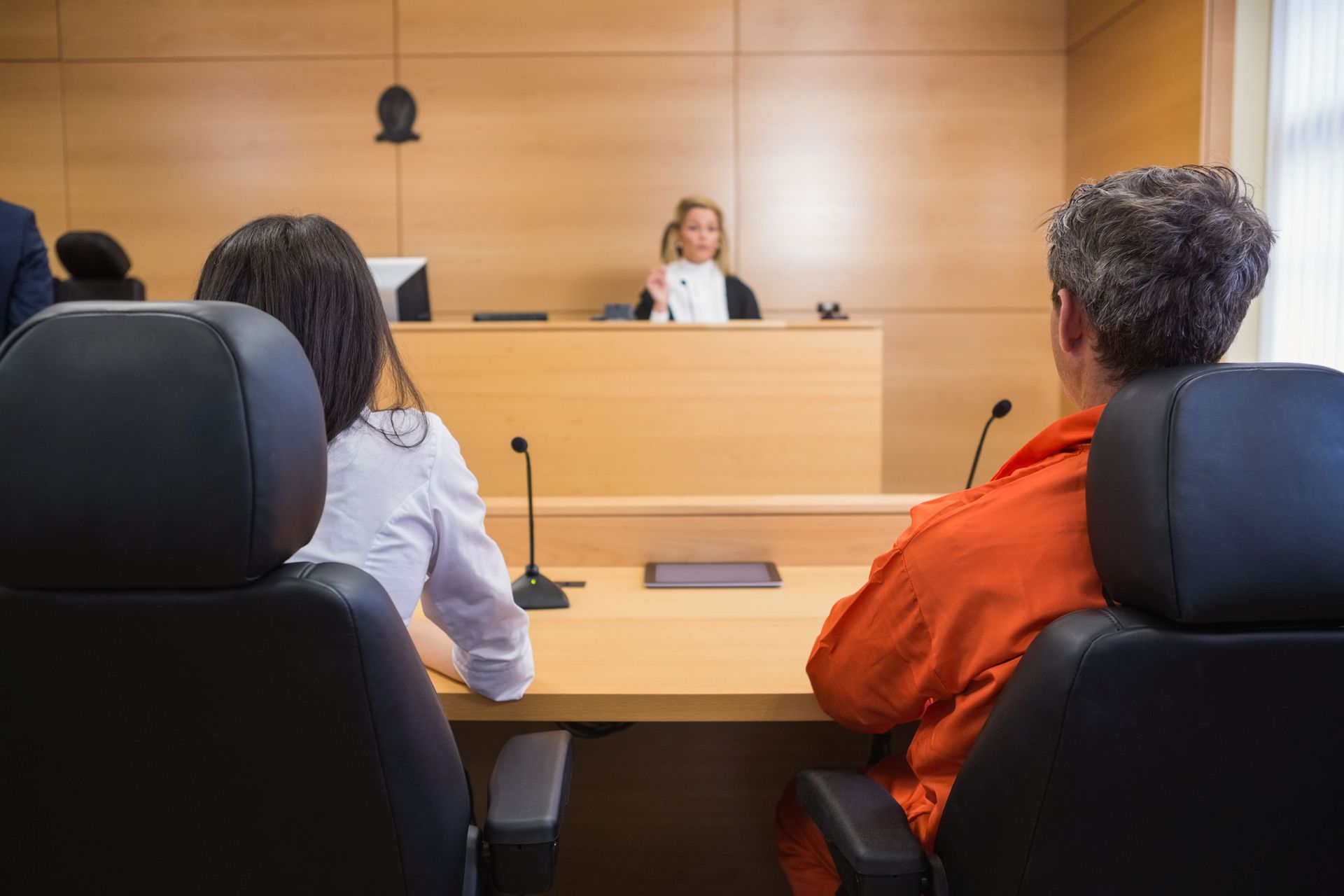
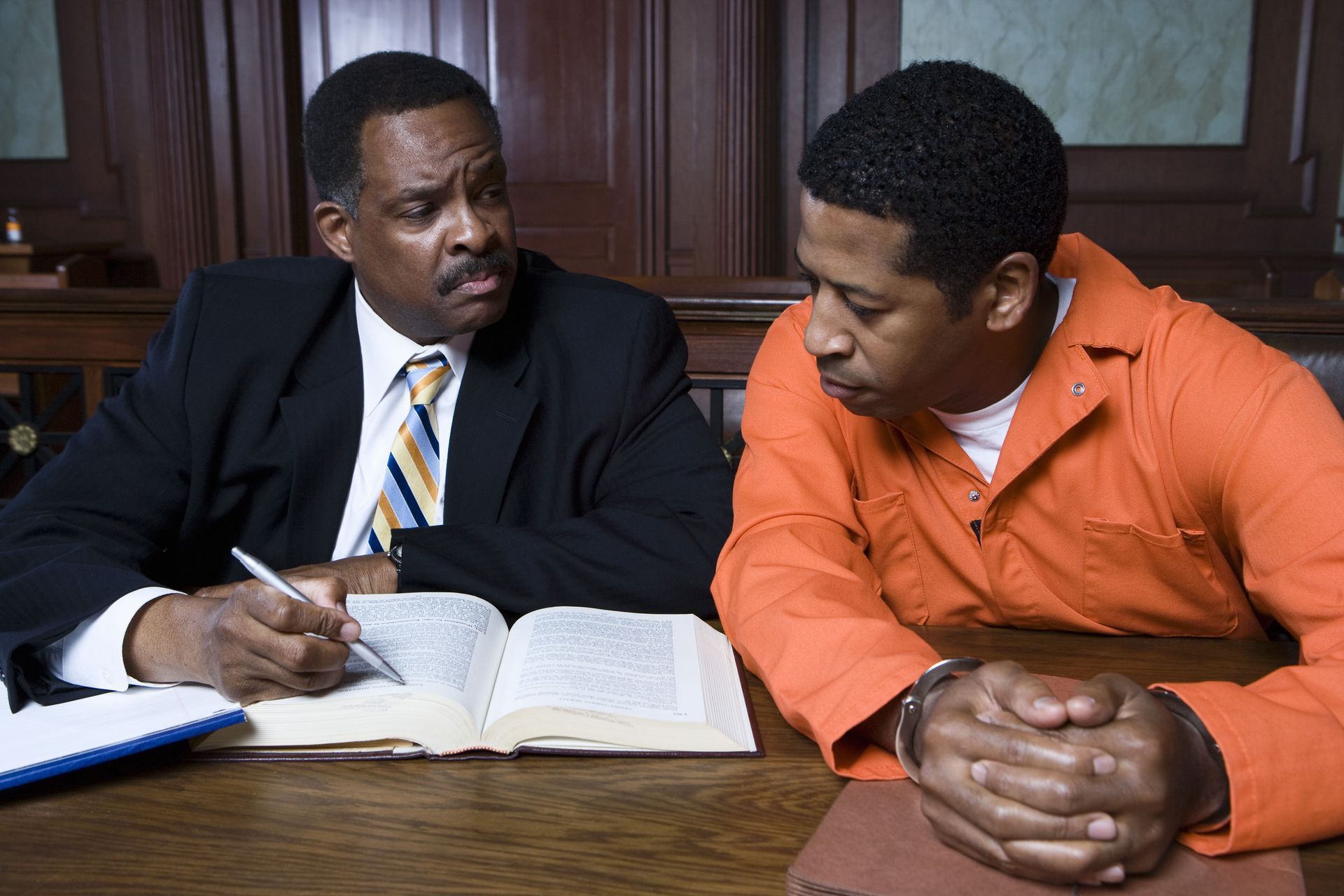

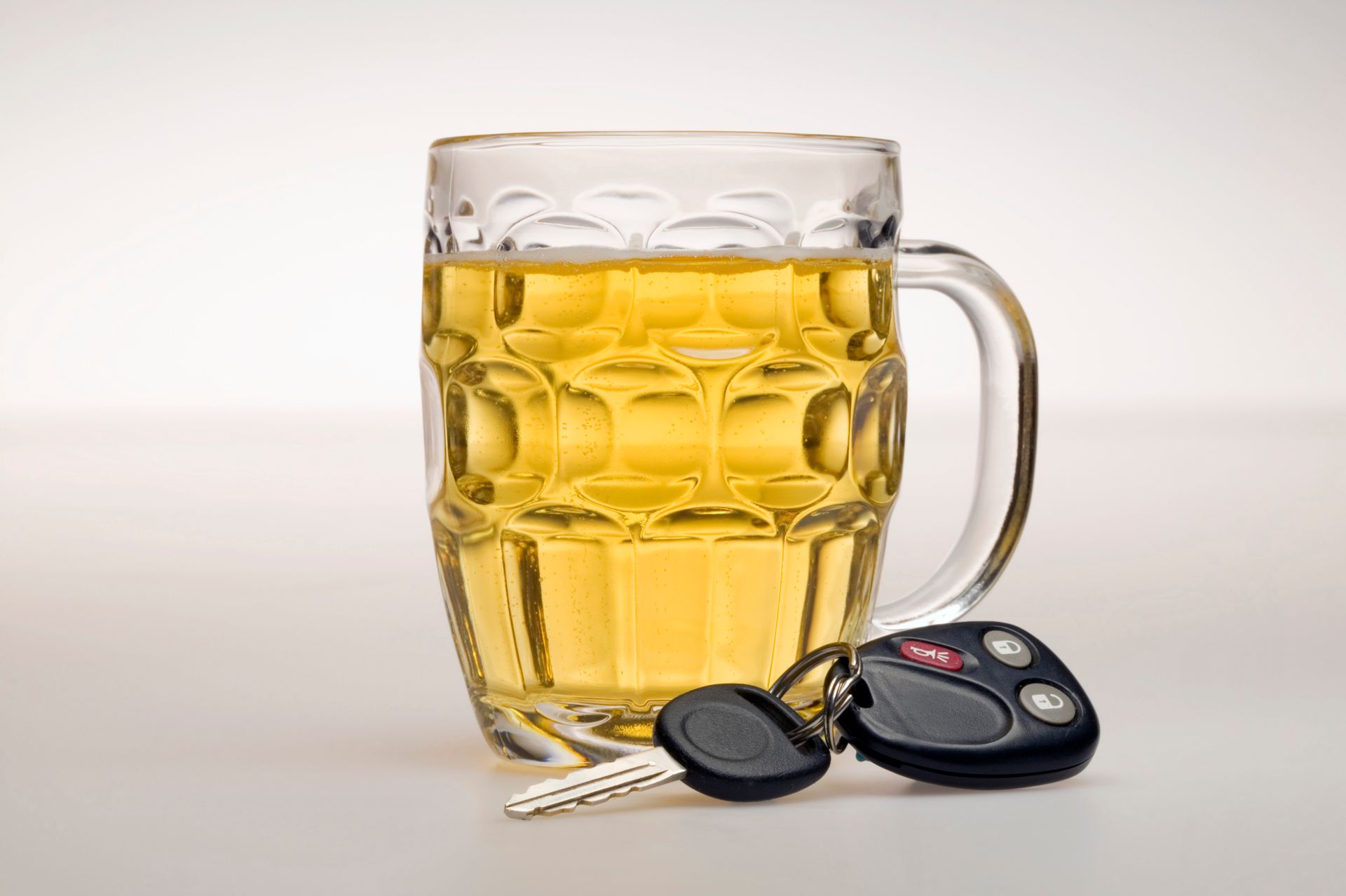

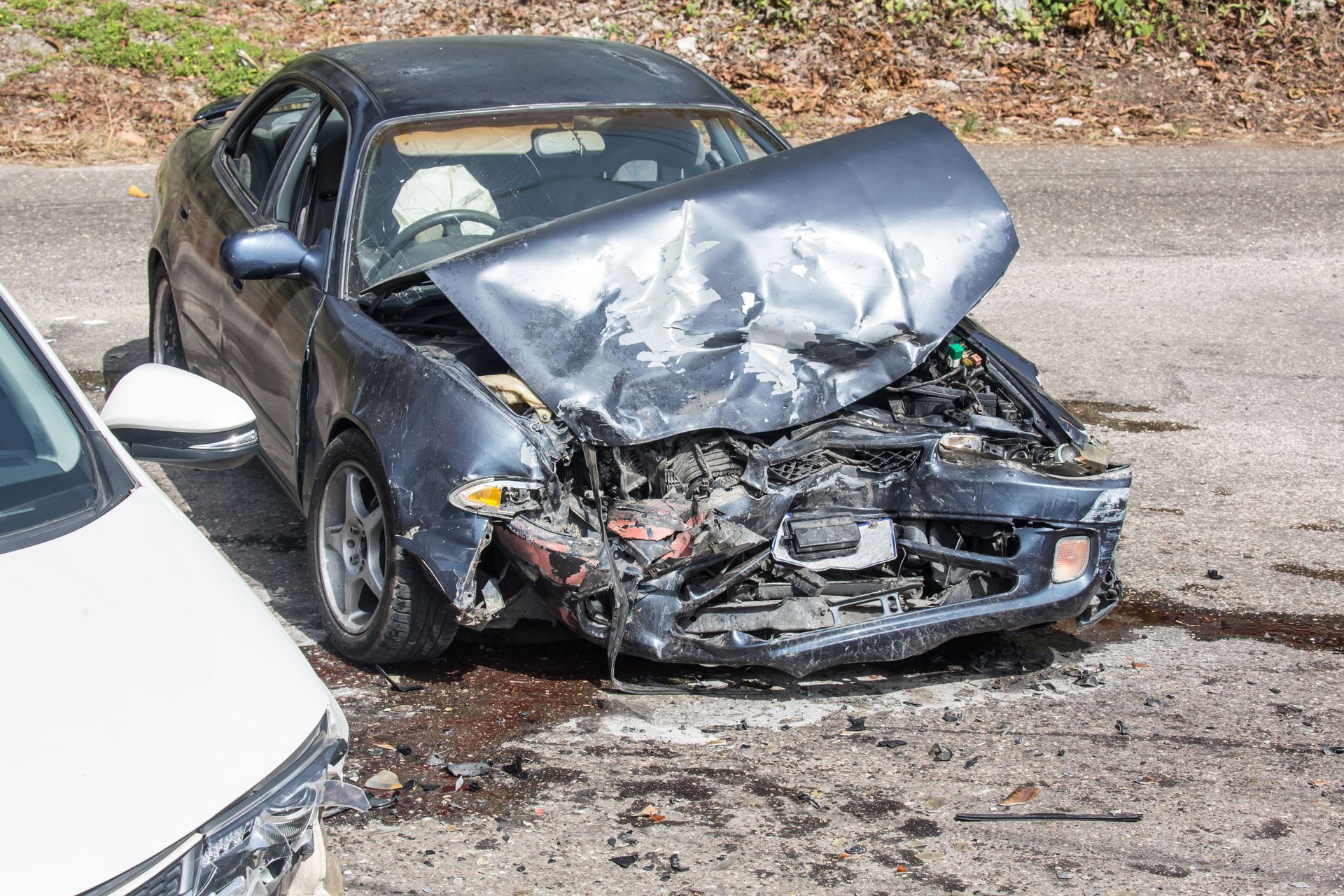


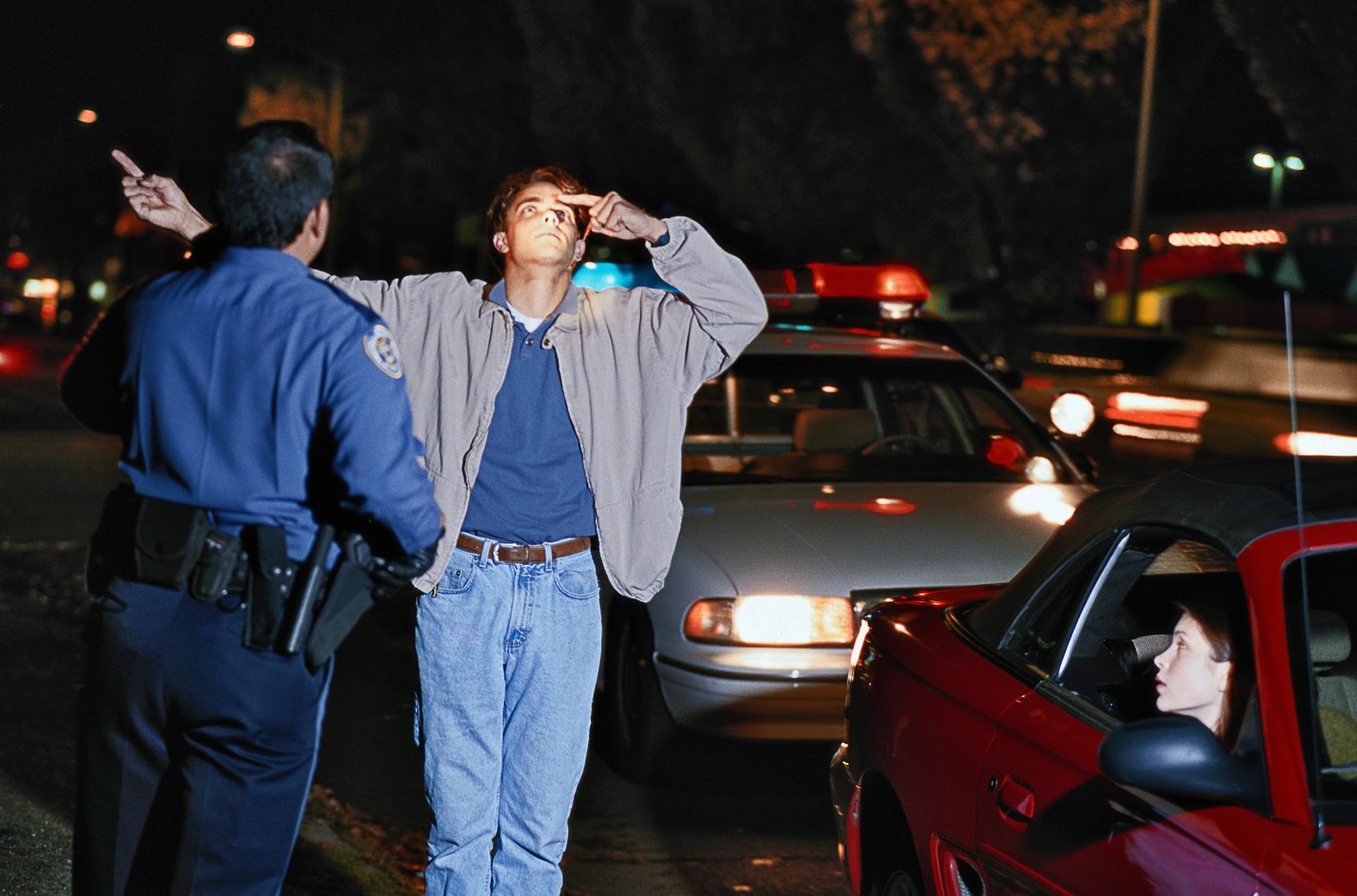



Share On: